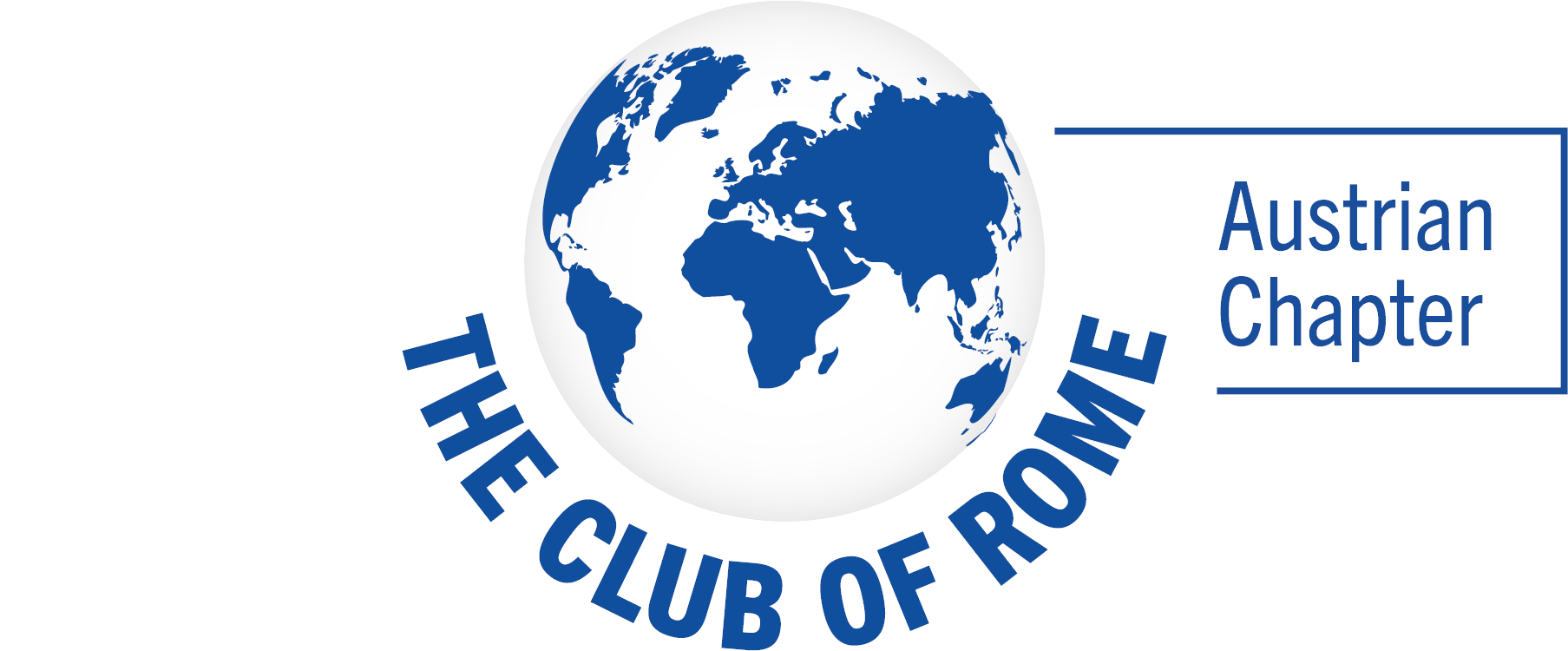For more than 50 years, science and civil society have been working out and publishing proposals on how the good life can be achieved within these limits. In many places, pioneering pilot projects have emerged that show how it can be done. And politics has been following very hesitantly for some years now. Transformation towards sustainability, however, means changes at all levels, so that eventually the system changes – and consistently for the better! Scientists have also shown this time and again since the publication of the Club of Rome report on the “Limits to Growth” in 1972.
That systems also change in real terms has been shown very clearly in the decades after the Second World War, in which practically everything that surrounds us has become different than we could ever have imagined. From the economic miracle of the 1950s to the upheaval of the 1960s, the “energy crises” of 1970 and 1980, the collapse of “communism” at the end of the “Cold War” in the 1990s, the neoliberalism of the noughties of this century, the revolution through artificial intelligence in the last ten years, which, however, also brought new social movements, to the pandemic and war in Europe, which in part also brought us dramatic regressions.
Leave no one behind! is a central demand of the UN’s 2030 Agenda – which can be seen as the current concretisation of the idea of “sustainability” to which the world’s states committed themselves in 2015 with their 17 global development goals (SDGs). Two of these goals explicitly refer to climate change (13) and biodiversity (15). In order to improve the quality of life for all, the other goals must also be achieved: from poverty reduction (1), health (3), education (4), work and growth (8) to peace (16). This includes resilience and adaptation to the inevitable, as well as avoiding further deepening of the crises mentioned.
How can many good ideas be turned into a real transformation towards sustainability? When it comes to the development desired for the future, people have images in their heads that they formulate as stories of how the world should become for them. In this way, the “good life for all” in the sense of “Leave no One Behind” can be concretised under the conditions of extreme poverty and inequality, economic and environmental crises, and the success of corresponding implementation steps can be evaluated in a holistic sense with the help of a set of comprehensive leading indicators. Spirituality, art and culture play central roles alongside science and social movement. These are particularly important in times of an economy that is no longer growing and in view of the current crises of pandemic and war and in the face of climate change and species extinction.
This applies to each individual as well as to the whole of Austria or a region, but also to companies and other organisations. It is always a matter of dealing adequately with the changes that have already occurred or can no longer be avoided (=adaptation) and at the same time doing what is possible to improve the future (our own as well as that of our children and grandchildren).
To achieve this, it is necessary to set operationalisable goals whose degree of achievement can then be measured as progress. Progress cannot be equated with income/profit and economic growth, but means above all progress in the sense of the common good of all (now and in the future, here and everywhere on earth). The Global Sustainability Goals (SDGs) with their 169 “targets” provide a framework for this agreed by all states of the world, the common good economy (GWÖ), a concept for its operationalisation. Accordingly, the goal of the economy should not be economic growth per se.
At its core, it is about the good life – the good life of all, now and in the future. This directly addresses distributional issues, especially global distributional issues. The well-being of some must not come at the expense of others. Cheap products, on which our prosperity in the early industrialised countries is based, are often based on low incomes and poor working conditions of the producers. The economic system should be designed in such a way that it can exist sustainably within planetary boundaries and at the same time enable or maintain the achievement of social goals, especially the quality of life, regardless of whether the economy grows in monetary terms or not. Businesses can make significant contributions to this.
Since 2021, we in the Austrian Chapter of the Club of Rome have been working together with the UniNEtZ project at the University of Applied Arts Vienna and the University of Salzburg on a project that is now called
Links:
The Wellbeing-Project of the Austrian Chapter of the Club of Rome.
